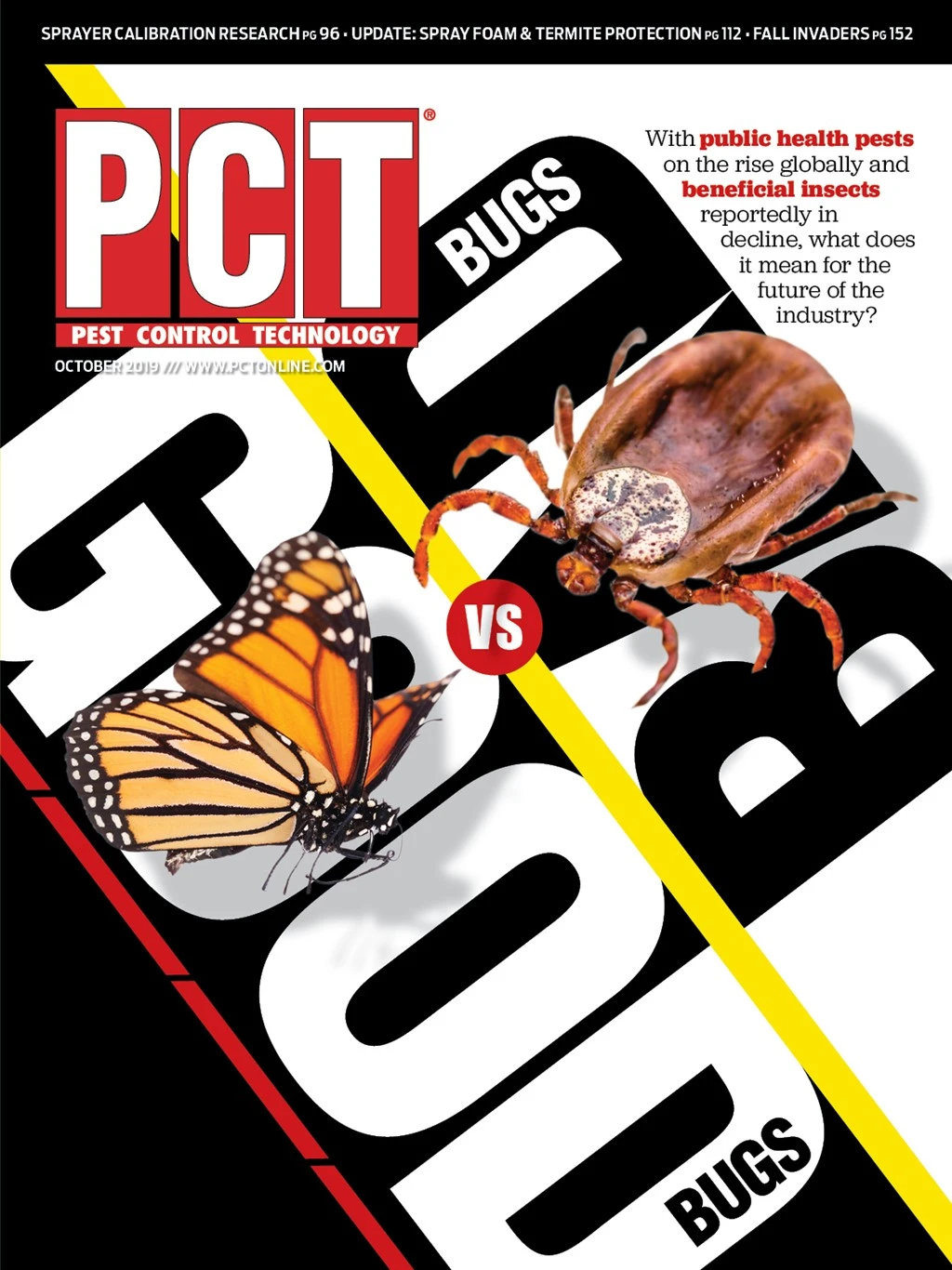
1. What integrated pest management (IPM) techniques are most effective against cockroaches?
Cockroaches need 4 things to survive: food, water, harborage, and procreation. In my opinion, harborage removal/elimination is key for cockroach control. Typically, this means cleaning clutter, and then treating any remaining harborage.
2. Why have baits become the product of choice for managing cockroaches both indoors and outdoors?
Baits are popular because of their simplicity and overall effectiveness. In general, they have been so successful because of three things:
- Less preparation is needed — customers no longer must empty their cabinets for a “traditional” chemical treatment.
- Baits can be simply placed in cracks and crevices where cockroaches live.
- Bait materials are highly attractive and effective against cockroaches.
3. Why are cockroaches so successful as pests?
This can be boiled down to one word: Reproduction. Cockroaches’ ability to reproduce quickly is why they are successful. German cockroach females typically develop in less than three months from egg to adult. This generation time means cockroach populations can build rapidly. Additionally, a single German cockroach female can produce 40+ eggs per ootheca and she can make several of these egg cases in her lifetime.
4. How do cockroaches affect human health?
Cockroaches commonly affect human health in two ways: allergens and spread of bacteria.
Cockroach cast skins (exuviae) and fecal material contain proteins that many people can be allergic to. If exposed for long periods of time or repeatedly, this can cause serious medical conditions, including asthma.
In food-preparation areas, cockroaches can physically move bacteria on their bodies. For example, the cockroach may be spending time in a sewer and then crawl across a clean kitchen counter, bringing dangerous bacteria with them in the process.
5. What would happen if all cockroaches disappeared from the planet?
Cockroaches play a very important role as nutrient recyclers and detritivores (organisms that eat decaying organic material). When cockroaches feed, they help to replenish nitrogen in soil. This, in turn, feeds plants. If we had no more cockroaches, the effects on plants, soil and forests would be disastrous. While cockroaches are not welcome in our structures, they are beneficial insects in the natural world.
WANT MORE?
Enter your email to receive our newsletters.

Explore the October 2019 Issue
Check out more from this issue and find your next story to read.